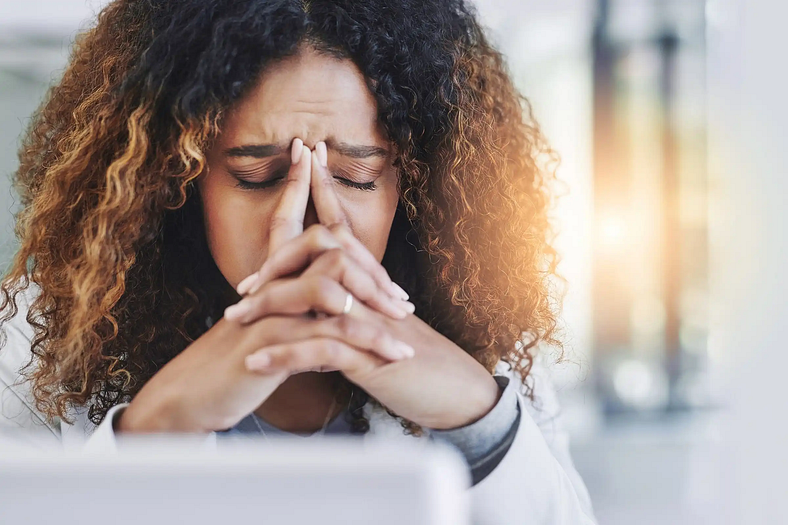Understanding and Caring for Irregular Periods: A Comprehensive Guide
Irregular periods, medically known as oligomenorrhea, can affect women of all ages and may indicate underlying health issues. While occasional irregularities in menstrual cycles are common and often not a cause for concern, persistent irregular periods may warrant attention and care. In this blog, we’ll explore the causes of irregular periods, how to recognize them, and essential self-care tips for managing irregular menstrual cycles.
Understanding Irregular Periods:
Irregular periods refer to menstrual cycles that deviate from the typical 28-day cycle, characterized by variations in cycle length, duration, or flow. Common signs of irregular periods include:
- Extended or shortened cycle lengths
- Inconsistent menstrual flow
- Intermittent spotting or bleeding between periods
- Missed periods or infrequent menstruation
Causes of Irregular Periods:
Several factors can contribute to irregular periods, including:
- Hormonal Imbalances: Fluctuations in estrogen and progesterone levels can disrupt the menstrual cycle, leading to irregularities.
- Stress: Psychological stress can impact hormone production and regulation, affecting menstrual patterns.
- Poor Diet and Nutrition: Inadequate intake of essential nutrients or excessive consumption of processed foods can disrupt hormonal balance and menstrual function.
- Excessive Exercise: Intense physical activity or excessive exercise can affect hormone levels and disrupt the menstrual cycle.
- Underlying Health Conditions: Conditions such as polycystic ovary syndrome (PCOS), thyroid disorders, endometriosis, and reproductive organ abnormalities can cause irregular periods.

Self-Care Tips for Managing Irregular Periods:
- Maintain a Healthy Lifestyle: Prioritize a balanced diet rich in fruits, vegetables, whole grains, and lean proteins to support hormonal balance and overall health.
- Manage Stress: Practice stress-reducing techniques such as mindfulness meditation, deep breathing exercises, yoga, or regular relaxation activities to promote emotional well-being and hormonal regulation.
- Get Adequate Sleep: Prioritize quality sleep of 7–9 hours per night to support hormone production and regulate the menstrual cycle.
- Exercise Moderately: Engage in regular moderate exercise to promote overall health and well-being, but avoid excessive or intense physical activity that may disrupt hormonal balance.
- Track Your Menstrual Cycle: Keep a menstrual calendar or use mobile apps to track your menstrual cycle, including cycle length, symptoms, and any irregularities.
- Stay Hydrated: Drink plenty of water to stay hydrated and support optimal bodily functions, including hormone regulation and menstrual health.
- Seek Medical Advice: If irregular periods persist or are accompanied by severe symptoms such as pelvic pain, abnormal bleeding, or fertility concerns, consult a healthcare professional for evaluation and appropriate management.
Conclusion:
Irregular periods can be a source of concern and discomfort for many women, but with proper understanding and self-care, they can be managed effectively. By adopting healthy lifestyle habits, managing stress, and seeking medical advice when needed, women can promote hormonal balance and menstrual health, leading to overall well-being and vitality.
Remember, every woman’s body is unique, and what works for one may not work for another. Listen to your body, prioritize self-care, and seek professional guidance when necessary to support optimal menstrual health and overall wellness.
feel free to check out MASSH. We work with the top gynecologists in Delhi and offer holistic medical care services to treat any gynecological problems. You can check out our website to learn more about our treatment processes.

Comments
Post a Comment